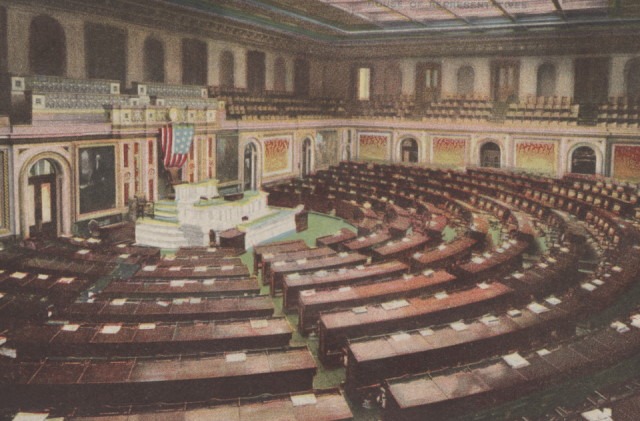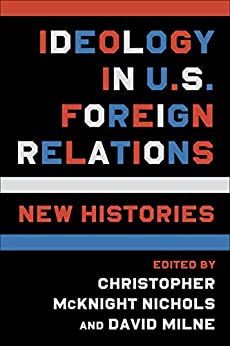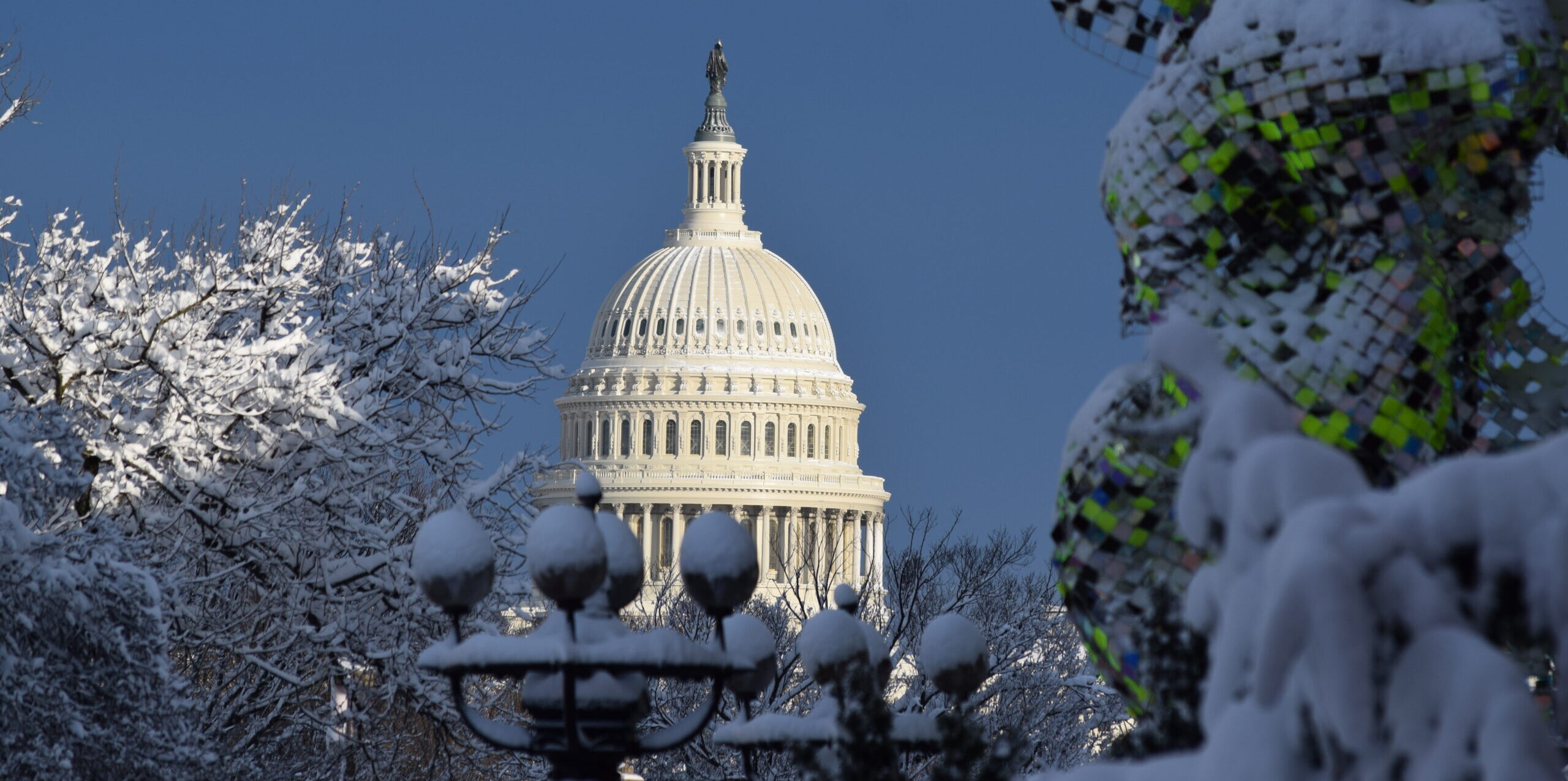 After winning a narrow majority in the House of Representatives, the Republican Party sets its sights on passing key legislation to address the nation’s greatest social and economic issues. However, before they can, they must elect a Speaker. An historic series of votes fails day after day in a divided caucus until the establishment candidate provides enough concessions to win the gavel. The year is 1923 and Frederick H. Gillett is elected as Speaker of the House.
After winning a narrow majority in the House of Representatives, the Republican Party sets its sights on passing key legislation to address the nation’s greatest social and economic issues. However, before they can, they must elect a Speaker. An historic series of votes fails day after day in a divided caucus until the establishment candidate provides enough concessions to win the gavel. The year is 1923 and Frederick H. Gillett is elected as Speaker of the House.
On Thursday, March 2 the U.S. Capitol Historical Society hosted historians, Christopher McKnight Nichols and Maxine Wagenhoffer, who discussed this once-overlooked chapter of American History and explored the lessons the fractious politics of the 1920s can teach us about the fractious politics of our times.
Nichols is the Hayes Chair in National Security Studies at The Ohio State University and an expert on U.S. foreign relations and modern U.S. intellectual, political, and cultural history, from the Gilded Age and Progressive Era through the present. The author or editor of six books, his latest book, Ideology in U.S. Foreign Relations, won the 2023 International Studies Association prize for best-edited book in historical international relations.
Wagenhoffer is a PhD candidate in U.S. history at The Ohio State University, with expertise in women’s history, cultural and political history, celebrity studies, and the history of the media. Her dissertation focuses on the intersections of gender, politics and American celebrity culture through the lens of Alice Roosevelt Longworth.
Like all USCHS programs, this webinar is free and open to the public by registration.









